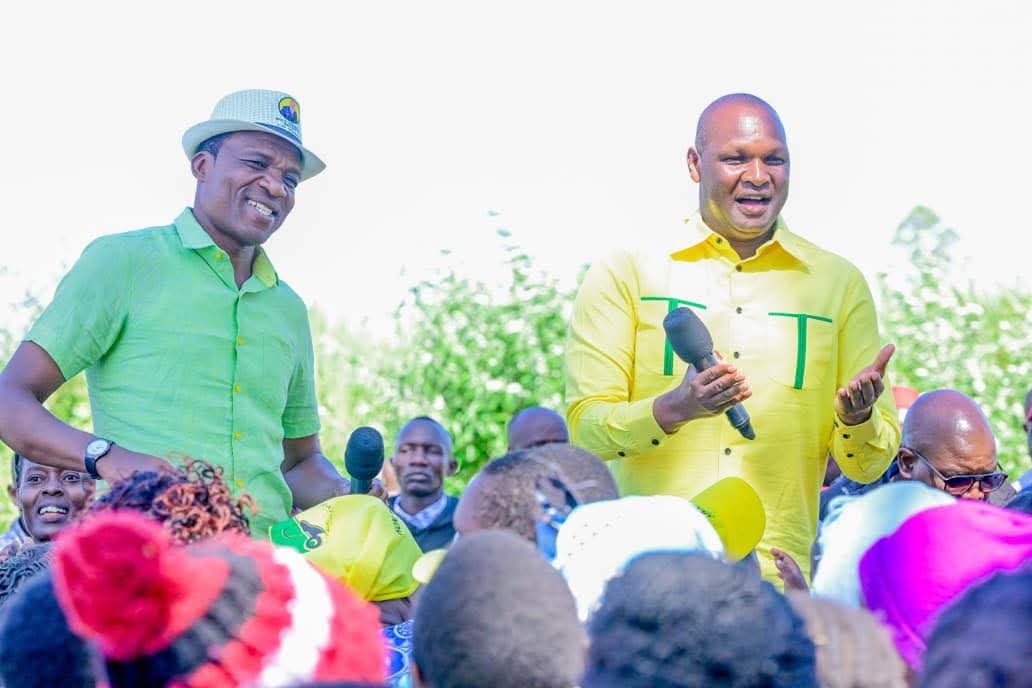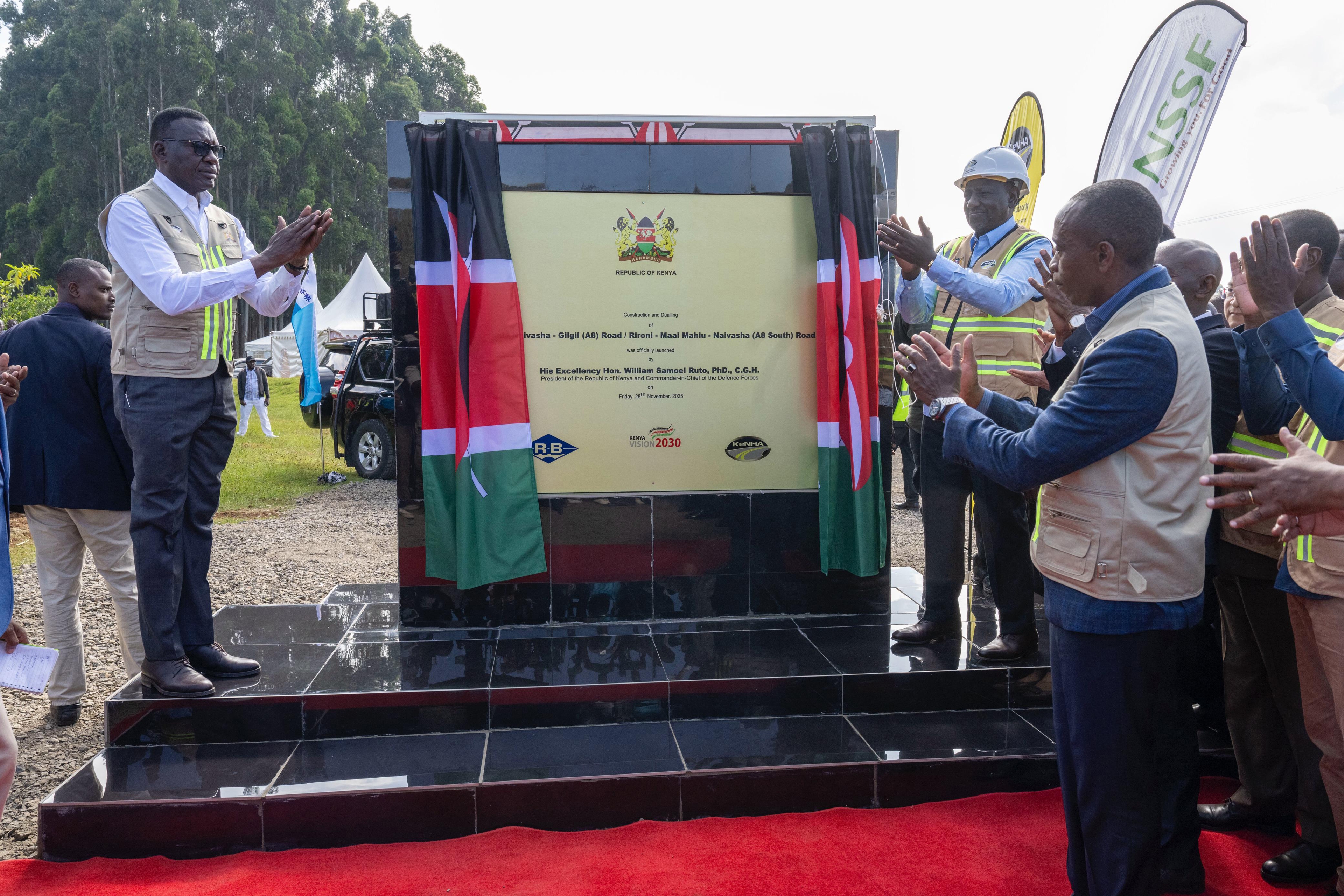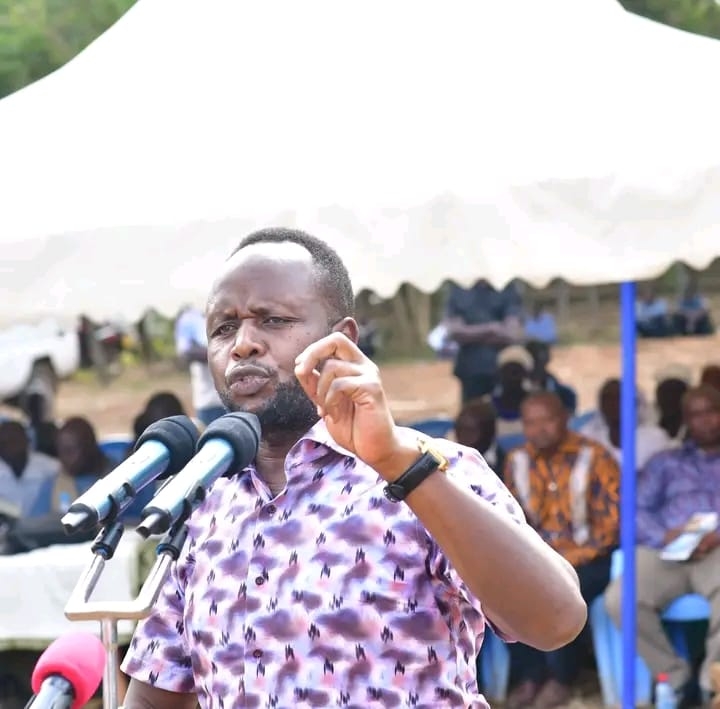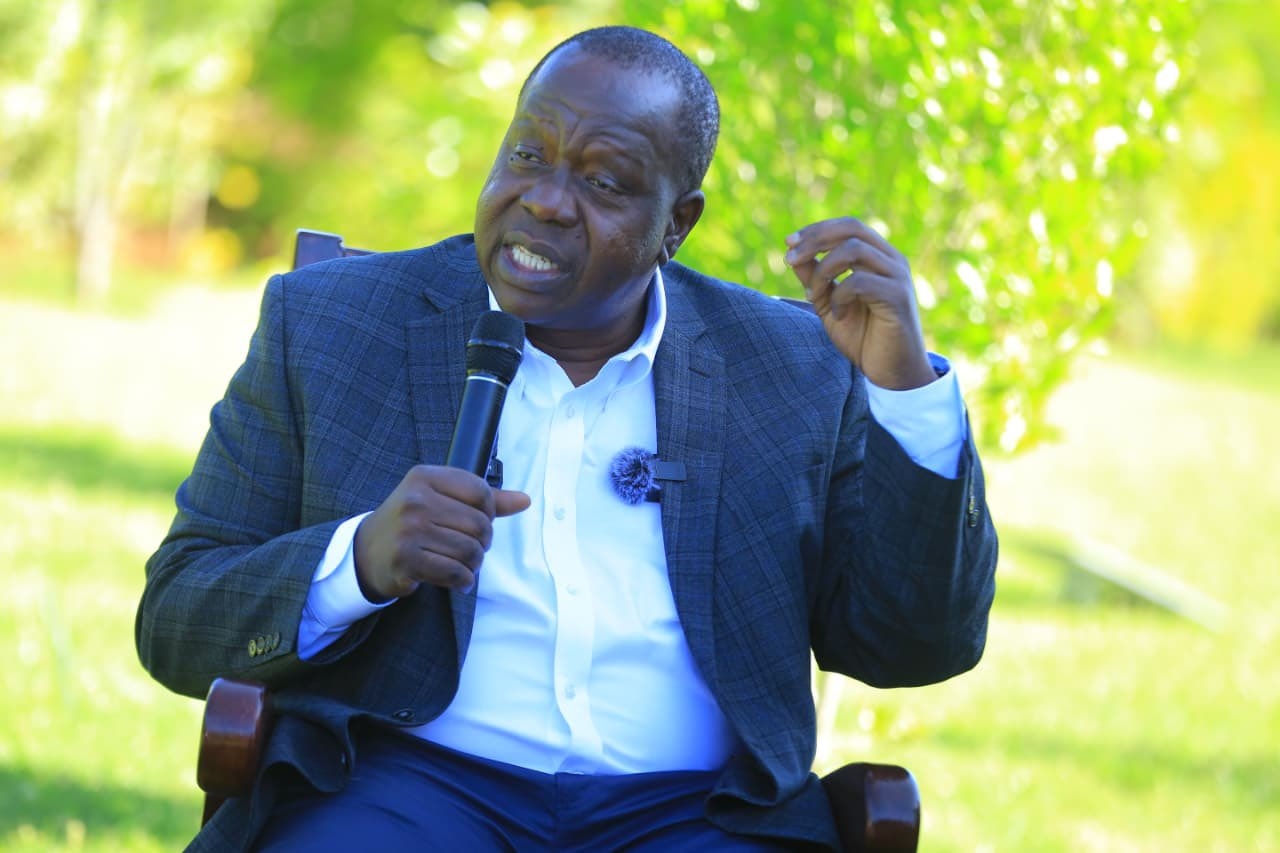Stakeholders have called for new strategies to counter violent extremism.
The stakeholders have admitted that terrorism has continued to be dynamic over the years hence the need to counter the same by coming up with new strategies.
This came out during a stakeholders' meeting held in Garissa on Tuesday and organised by the National Counter Terrorism Centre.
The forum that aimed to review the Zero Draft of the National Strategy to Counter Violent Extremism (NSCVE) was attended by several actors.
They include those from the security sector, non-state actors, religious leaders and the general public.
Speaking during the meeting, the head of prevention and resilience at the NCTC Joseph Kanyiri said terrorist groups have changed their mode of operation including using technology to lure unsuspecting people into their criminal activities.
Northeastern has witnessed a series of attacks orchestrated by the al Shabaab militants.
Several police officers, police reservists and civilians have lost their lives.
Communication masts for mobile telephone operators have also been destroyed.
“The need for this review today has been informed by the advancement of terrorist narratives and ideologies, modern technology, to keep stakeholders abreast on current trends and ways of building resilience through alternative narratives among others,” Kanyiri said.
He said the meeting also offers an opportunity to measure the country’s past successes and challenges in the implementation of the NSCVE.
He said that over the years, terrorism continues to remain a challenge, not only in Kenya but beyond our borders.
Kanyiri further noted that at least everyone in the country has been affected by the vice either directly and indirectly.
“Terrorism has an impact on the social well-being, economy, security and even the future of the nation. It is therefore important to forge ahead on PCVE matters and take up this rallying call against terrorism and violent extremism,” he said.
He added: “We have situations where our young boys and girls get into these social media sites and end up in self-radicalisation, this is after coming across links they click up. The end result is what we see where their behavior completely changes and they become radicalised.”
He said the collaboration and partnership among stakeholders including citizens, law enforcement agencies, religious leaders, civil society among others have all significantly contributed towards building trust, dialogue and information exchange which have been pivotal in the country’s security.
He said that through county engagement forums across the country, they have been able to incorporate views in the draft policy which will be taken to the validation exercise.
He said that the strategies that the government put in place to reintegrate and de-radicalise Kenyans who left the country to join the terror groups have been successful since many have since come back home.
North Eastern Regional Commissioner John Otieno called for all to actively participate in the review with flexibility and adaptability in order to stay ahead of the evolving threat.
He thanked the public across the region whom he said have continued to work closely with the security apparatus to deter would-be attacks.
He further expressed optimism that soon terrorism will be a thing of the past in the region which has had its fair share of insecurity challenges.
“We must acknowledge that terrorism is dynamic and radicalisation is still going on. The reason why we should continue to actively participate in this review with flexibility and adaptability in order to stay ahead of the evolving threat,” he said.
In November 2023, National Counter Terrorism Centre launched a comprehensive nationwide exercise to gather insights and feedback from a broad spectrum of stakeholders including community leaders, civil society organisations, security experts and the general public.
This initiative aimed to assess the effectiveness of the National Strategy to Counter Violent Extremism (NSCVE), which has been in place for the past seven years and to incorporate valuable perspectives into its revamp.
The initial phase of consultations yielded significant input, informing the development of a draft document that seeks to address emerging threats, incorporate good practices and strengthen our collective resilience against violent extremism.
The second round of public participation is designed to present the draft document and share the revised strategy with the public, stakeholders and experts for further input.
It also seeks to gather additional feedback to ensure the strategy is comprehensive, practical and reflective of the diverse needs and perspectives within our society.
It also seeks to promote continued dialogue and collaboration between the government, communities and other key stakeholders in the fight against violent extremism.














